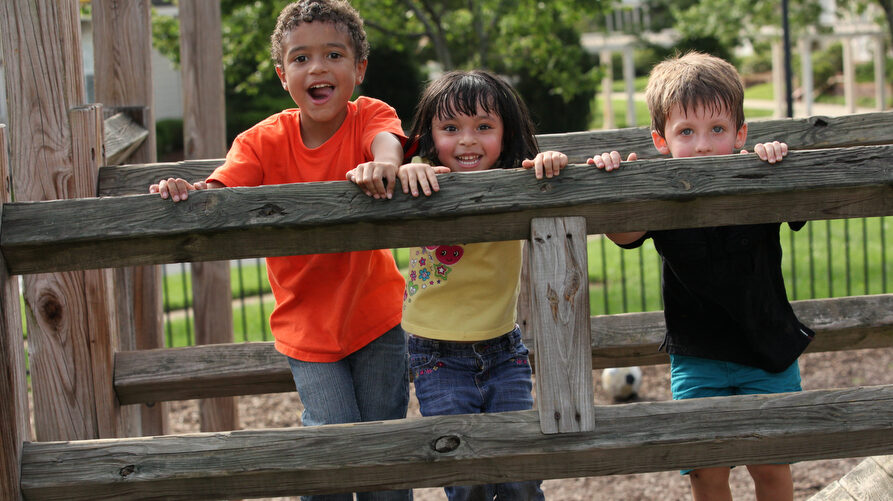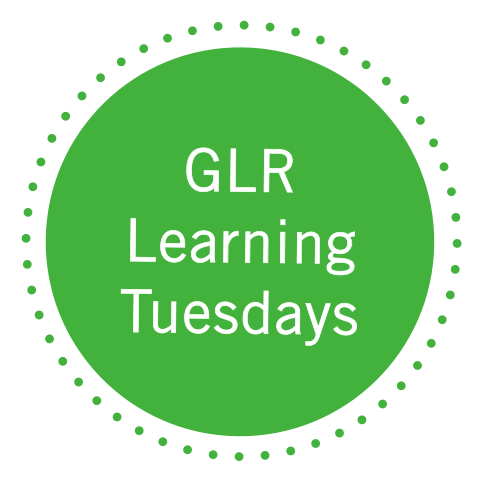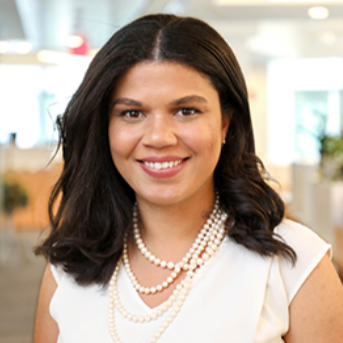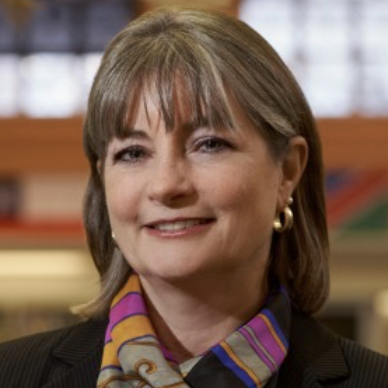
03:00 - 04:30 pm
Scaling Playful Learning: How Civic Infrastructure Can Support Young Learners

During this Learning Loss Recovery Challenge webinar, participants were introduced to the myriad ways that cities and communities can advance playful learning outcomes and developmental milestones for children, with an emphasis on those ages 0–5, through use of public space and civic infrastructure. Helen Hadani, Ph.D., Fellow in the Center for Universal Education and the Bass Center for Transformative Placemaking at the Brookings Institution, served as a presenter and a co-moderator of the session. Joining her as presenters were Anna White, Program Manager with the National League of Cities (NLC); Dea Wright, Director of the Office of Early Childhood Initiatives in the City of Milwaukee, Wisconsin; and Bosmat Sfadia-Wolf, Director of Community Planning and Development for the City of Tel-Aviv, Yafo, Israel. Siobhan Reardon, Principal with Riverfront Associates, LLC, served as commentator for the session. In my role as Senior Consultant with CGLR, I co-moderated the session with Dr. Hadani.
Dr. Hadani began by summarizing findings from a recently published Brookings Institution policy brief, Scaling Playful Learning: How Cities Can Reimagine Public Spaces to Support Children and Families, co-authored by herself and Jennifer Vey. Hadani covered five key steps that cities can use to adopt and scale playful learning in their communities, supplementing each with examples of on-the-ground partnerships and customized community approaches. She closed with a charge to participants: “This moment presents an opportunity for communities to extend beyond traditional education programs to create an ecosystem of learning that maximizes the chance for children to engage in playful learning as part of their daily routine.”
Anna White presented the NLC’s framework, Building Blocks for an Early Learning Community, used to support local government officials in developing and strengthening early childhood systems to ensure that young children in our cities grow up safe, healthy and ready to learn. White drilled down on the third of four building blocks, “neighborhoods where families can thrive.” She lifted up trends around transformation of city libraries to encourage interaction, cross-departmental municipal partnerships, reimagining of streets and public transportation, and ways that cities can convene residents as active members of civic discussions. Woven throughout White’s remarks was a focus on meeting families where they are through a “learning happens everywhere” approach.
Dea Wright began by noting that “scaling playful learning is about access, exposure and repeated opportunities.” Wright lifted up learnings from the City of Milwaukee’s work with the Early Learning Nation’s Early Learning Community Action Guide and Progress Rating Tool, and particularly the first building block: “community leadership, commitment and public will.” Wright discussed the soft launch of a Pop Spot campaign across the City of Milwaukee, designed to inspire parents to create learning environments wherever and whenever they can. She stressed, “The optimal time [for learning] can be at any moment.” She closed with an overview of initiatives to transform deteriorated playgrounds and playspaces in Milwaukee into models for play and learning.
Bosmat Sfadia-Wolf presented our second case study, on implementing a playful strategy into urban landscape design in Tel Aviv-Yafo. Key to the city’s success was cross-departmental collaboration and identifying champions for early childhood within city leadership. The city’s work focused on a series of experiments and pilots, including pop-up “free play” playgrounds, toy sheds and sandboxes placed around the city. Tel Aviv-Yafo also prioritized data collection on play behaviors through observations, online surveys and assessments, with information used to inform shifts in resources and public budgets.
Commentator Siobhan Reardon reflected on both her prior work leading the Free Library of Philadelphia as well as the session’s presentations, lifting up several ingredients that are important to scaling playful learning. These include: a recognition that “not one size fits all,” the contributions of private philanthropy as well as public-sector support, the importance of community organizers in engaging families in learning opportunities, the value of community relationships, and the role of both formal and informal places and spaces as community assets to promote language development and child-caregiver interaction.
The last segment of the webinar moved into action planning, with presenters providing resources, tools and messages on how to operationalize and implement playful learning in communities. Presenters shared low-cost, “DIY” and easily accessible ways to shift free play to playful learning, grounded in how children learn. Additionally, they reiterated the importance of experiments and pilots, intentional engagement with elected officials and a cross-section of city staff, identifying champions in City Hall and in the community — especially parents and caregivers — and formalizing dedicated municipal roles focused on early childhood.
Woven throughout the session was the aspiration that “planning for and with children makes cities more equitable and just for all populations.”


 All Events
All Events




